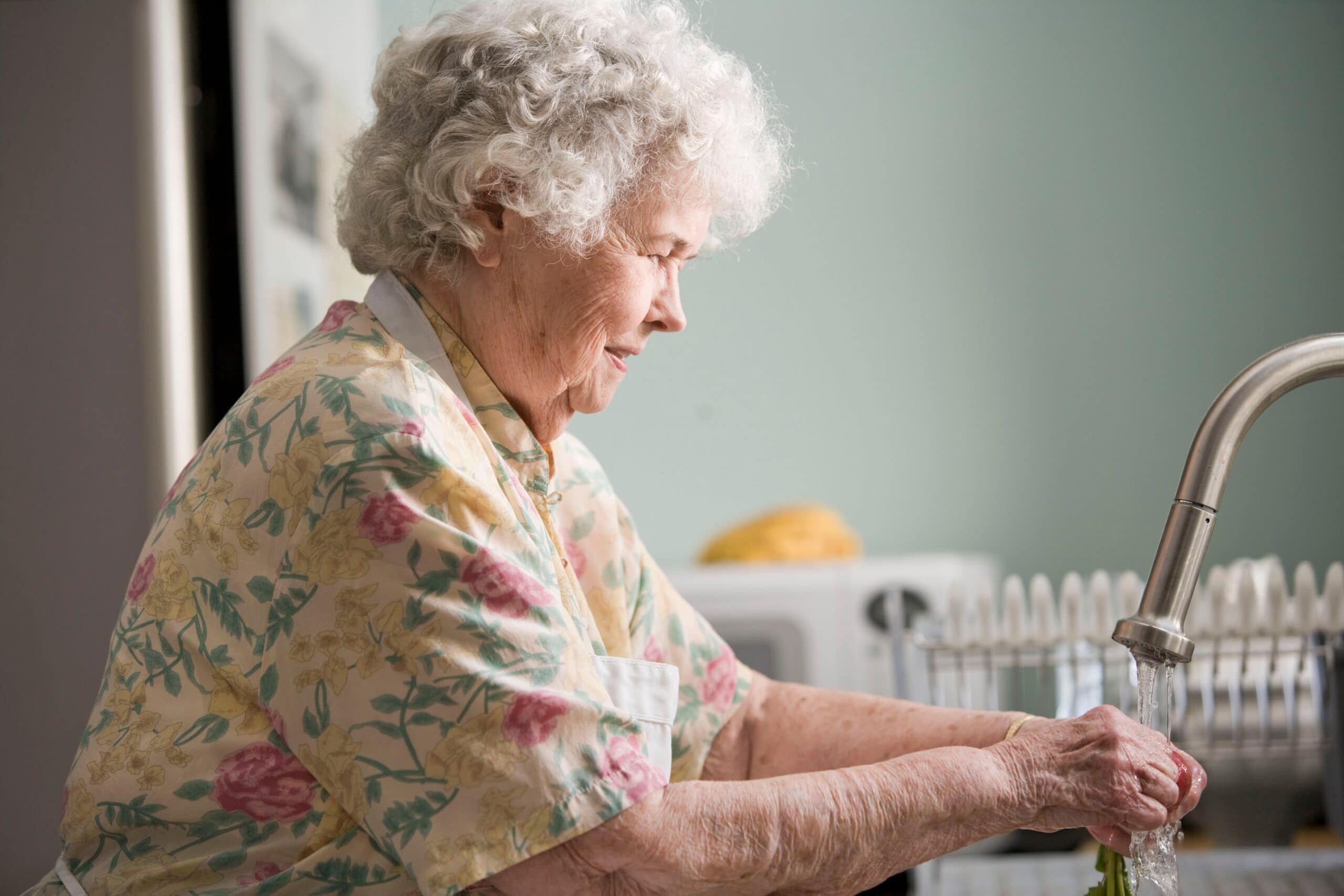
A granny flat interest is where an individual (usually a parent) acquired an interest to live in a property (usually belonging to their child) for the duration of their life.
How is a granny flat interest created?
There are various ways that an individual can create a granny flat in interest, some include:
- A parent transferring their house to a child for free;
- A parent buying a property in their child’s name;
- A parent paying for renovations to a child’s home for a granny flat; or
- A parent paying a lump sum to a child for a right to reside in the child’s home.
Why have a granny flat arrangement?
Granny flat arrangements are often beneficial for parents where living solo is no longer the best situation for them. This could be because they require assistance with keeping on top of household chores, they need support from a medical perspective, or they would appreciate the company of living with others.
Granny flat interests and the Aged Pension
When determining whether or not a person is eligible to receive the Aged Pension, the Department of Social Services will look at the assets and income of the person in question. For the purposes of determining a person’s assets, their principal place of residence is exempt and this exemption also extends to granny flat interests.
There are rules that prevent individuals from diminishing their assets in order to receive the Aged Pension. For example, where assets over the permitted threshold are gifted to children, the Department may class this as “asset deprivation” and take the amount gifted into account when determining the value of the individual’s assets for 5 years from the date the gift is made.
How do you know that a granny flat interest exists?
A granny flat interest should be documented by a Granny Flat Agreement. It is important to set out the terms of the agreement in writing so that all parties know where they stand.
There should be clear parameters in place to outline what happens in circumstances where one of the parties needs to terminate the agreement. Termination can either occur voluntarily (such as, due to a breakdown in relationship or change in personal circumstances) or, involuntarily (for example, because the resident needs to move into a care facility).
What happens next?
It is important to seek legal and financial advice when arranging a granny flat interest to ensure that all parties are protected and that the benefits of the arrangement can be utilised by all those involved. Contact our expert team of Wills and Estates Lawyers if you have any enquiries.
Related Articles
Funding Your Relative’s Aged Care? Understanding RADs
What should you consider when taking contributing funds towards your relative's aged care fees? The payment of nursing home…
An Executor Can Choose the Lawyer to Carry Out Estate Administration
As an executor you may think you must engage the law firm who originally drafted the Deceased's will. However this isn't the…
The articles on this website comprise legal general information and not legal advice. The general information presented here must not be relied upon without legal advice being sought. In the event that you wish to obtain legal advice on the contents of this general information you may do so by contacting our office or your existing solicitor.




